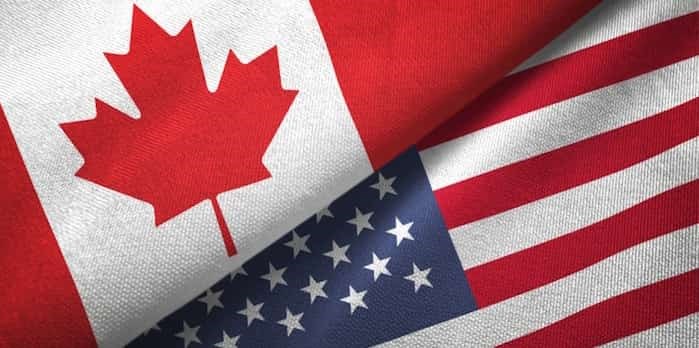 Photo: Okeksii Liskonih / Istock
Photo: Okeksii Liskonih / Istock
In May 2011, after voters in Canada delivered what Stephen Harper described in his election night speech as a “a strong, stable, national Conservative majority government,” there was plenty of speculation about changes to regulations related to moral issues.
At the time, longtime activists on both sides of the abortion debate paid close attention to what the Tories could and would do with a majority mandate. The absence of a well-defined law led to debates over funding, timing and even gender selection.
In the end, the Harper government did not address the matter, faintly irritating part of its base, but knowing full well that the country did not want to talk about the procedure. A nationwide survey I conducted in 2013 showed that 59% of Canadians felt it was not necessary to have a new debate on abortion.
Eight years later, Canada has a new prime minister with a political base that is not keen on modifying the status quo. Justin Trudeau has talked about a “woman’s right to choose” in various speeches and venues, and even faced a controversy over a “pro-choice” requirement for the federal government’s Summer Jobs Program.
In the United States, the situation is different. The past few months have brought intense legislative activity, with six U.S. states passing laws to ban abortion if a fetal heartbeat is detected, and one more only allowing the procedure if the mother is at risk.
These regulatory changes, along with President Donald Trump’s appointment of Brett Kavanaugh to the Supreme Court, have raised the prospect that resolutions on abortion will once again reach the highest court, almost five decades after the crucial Roe vs. Wade decision.
With this in mind, Research Co. asked Canadians and Americans this month about abortion and found a significantly higher eagerness for action south of the 49th Parallel.
In Canada, almost half of respondents to the survey (46%) said abortion should be legal under any circumstances – a proportion that jumps to 54% in both Quebec and British Columbia. A similar proportion of Canadians (43%) think the procedure should be legal only under certain circumstances, and just one in 20 (5%) would ban abortion altogether.
Conversely, only 28% of Americans think abortion should be legal under any circumstances, 48% would keep it legal only under certain circumstances, and 19% say the procedure should always be illegal – 14 points higher than Canada.
As a presidential candidate, Trump’s comments on abortion were dumbfounding, after he went as far as to consider “some form of punishment” for women who undergo the procedure – a position the campaign reversed hours later. In any case, Republican Party supporters in the United States are currently the least likely to endorse legal abortion in all cases (18%) and the most likely to call for an outright ban on the procedure (26%).
When asked about revisiting nationwide discussions on abortion, the differences between the two countries are also striking. More than half of Canadians (53%, but six points lower than in 2013) continue to feel that there is no point in re-opening a debate about abortion in Canada right now – including 65% of Liberal voters and 57% of New Democratic Party (NDP) voters in 2011.
Conversely, more than a third of Canadians (37%, up seven points in six years) think a debate on abortion is long overdue and a new discussion is warranted. The proportion of Canadians who want to revisit the issue reaches 44% among Conservative voters in the 2015 election, 44% in Manitoba and Saskatchewan and 40% in Alberta.
In the United States, almost half of Americans (46%, up 10 points since June 2012) believe a debate about abortion is long overdue, while two in five (39%, down eight points) think there is no point in re-opening this discussion. The big gap here is not just political. A majority of U.S. men (53%) are eager to discuss abortion, but only 40% of U.S. women would join them.
The surveys show that, as an issue that can motivate voters, abortion remains more contentious in the United States and, in a bizarre twist, with men. While the proportion of Canadians who feel a debate is justified is higher than it was in 2013, it is nowhere near the momentous growth observed south of the border, where the recent actions of state legislatures have given the issue a higher level of prominence.
Still, with a federal election looming in Canada, abortion could resurface in the campaign. The Conservatives can discuss the issue and hope for growth in the three Prairie provinces where they won 34 of 62 seats in 2015. In British Columbia and Quebec, where the Liberals have taken a hit over their stance on the environment, reasserting a woman’s right to choose may help the current prime minister.
Mario Canseco is president of Research Co.
Results are based on online studies conducted from July 2 to July 5, 2019, among representative samples of 1,000 adults Canada and the United States. The data has been statistically weighted according to Canadian and U.S. census figures for age, gender and region in each country. The margin of error, which measures sample variability, is plus or minus 3.1 percentage points for each country.


